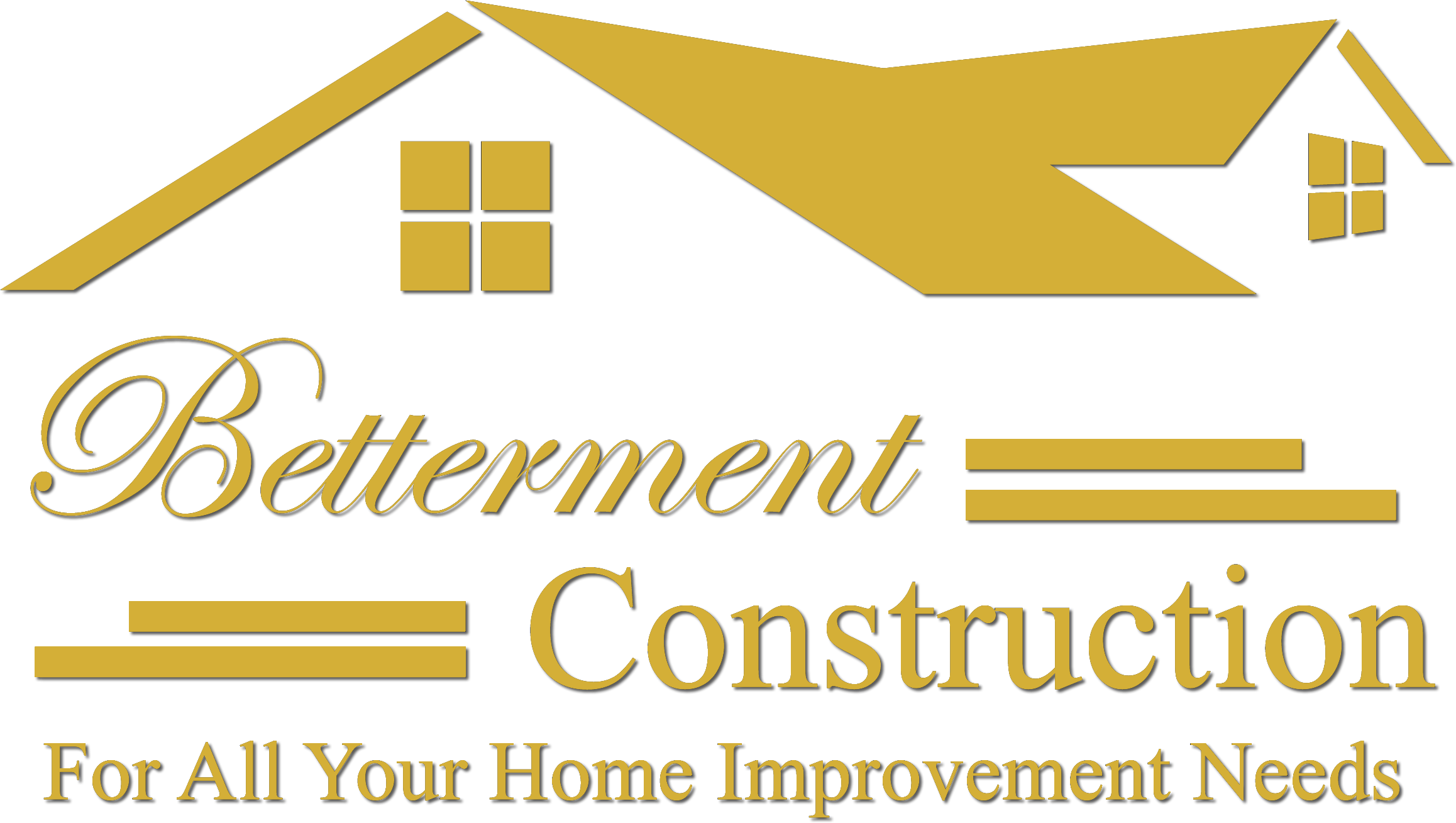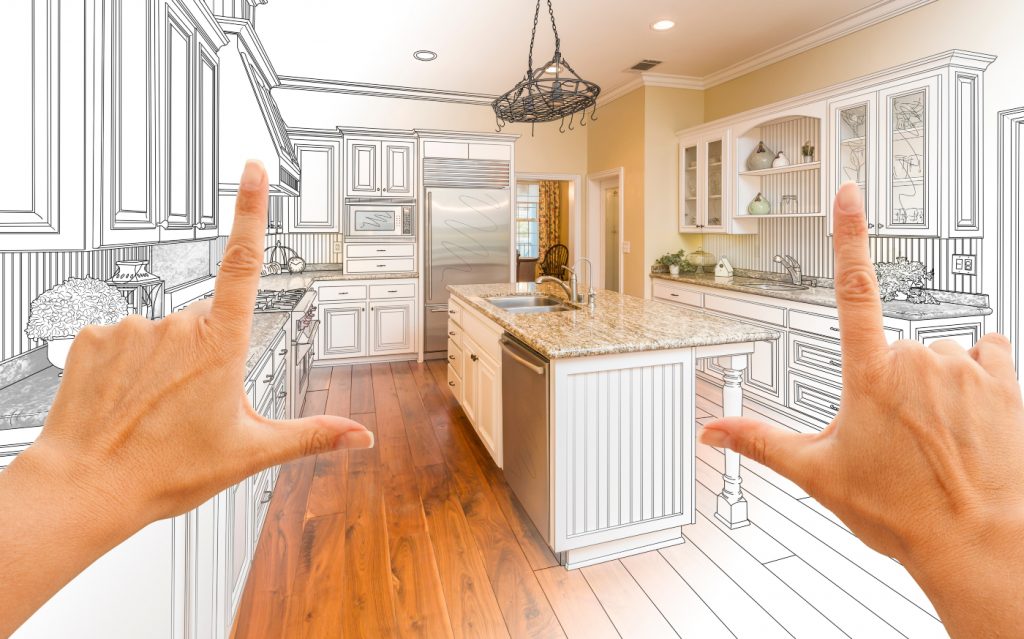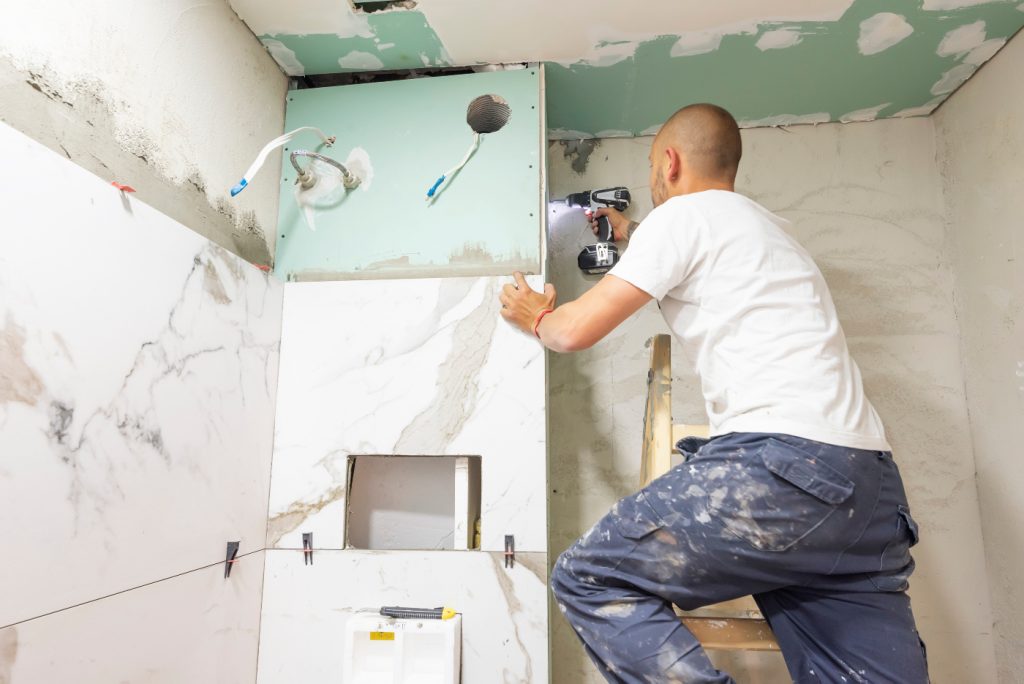Remodeling your kitchen can be both an exciting and daunting endeavor. It’s a journey that requires careful planning, thoughtful decisions, and a keen eye for aesthetics. But fear not! With the right approach, your dream kitchen can become a reality, blending functionality with personal style, and perhaps most importantly, adding value to your home. This guide aims to arm you with practical tips and insights to help you navigate the kitchen remodeling process with confidence.
Introduction
We spend a lot of time in our kitchens. Whether it’s preparing a quick breakfast on a busy morning, enjoying a family dinner, or hosting festive gatherings, the kitchen is undeniably the heart of the home. Given its central role, embarking on a kitchen remodeling project is not just about updating an interior; it’s about enhancing your quality of life and the value of your home. So, let’s dive into the tips that will help make your kitchen remodeling journey as smooth and successful as possible!
1. Setting Clear Goals
Defining Your Needs vs. Wants
Needs: Your remodel should first address functional necessities. Think about what’s missing in your current setup.
Wants: Once the essentials are covered, consider what features would elevate your kitchen experience.
Functionality Over Aesthetics
Prioritize a layout that suits your lifestyle. An island might look fabulous, but does it disrupt the flow of traffic?
Future-Proofing Your Kitchen
Consider durable materials and timeless designs to ensure your kitchen remains welcoming and useful for years to come.
2. Budgeting Accurately
Estimating Costs
Begin by doing your homework. Compare quotes and consider all elements, from labor to materials.
Unexpected Expenses
Set aside at least 20% of your budget for surprises. Trust me, they happen!
Cost-Saving Strategies
Don’t compromise on quality. Instead, opt for stock items over custom, or refresh cabinets with new hardware rather than replacing them entirely.
3. Choosing the Right Layout
The Work Triangle
Ensure your sink, stove, and refrigerator form a triangle. This optimizes efficiency and minimizes unnecessary movement.
Open vs. Closed Kitchens
Open kitchens create a sense of space and connectivity, while closed ones offer more privacy and containment for smells and messes.
Maximizing Space
Creative storage solutions and thoughtful design can make even the smallest kitchen feel spacious and functional.
4. Selecting Materials and Finishes
Countertops and Cabinets
Quartz and hardwood may have distinct looks and durabilities, but both can add warmth and character.
Flooring and Walls
Opt for easy-to-clean materials that complement your kitchen’s overall design. Neutral colors offer flexibility and longevity.
Hardware and Fixtures
Small details can make a big difference. Choose hardware that enhances your kitchen’s style and functionality.
5. Lighting and Electrical Considerations
Layered Lighting
Combine different types of lighting (ambient, task, and accent) to create a warm and inviting environment.
Electrical Upgrades
Think about your future needs. From appliances to charging stations, ensure your kitchen can handle the demand.
Smart Kitchen Technologies
Smart appliances can simplify cooking and provide convenience. Think about integrating technologies that fit your lifestyle.
6. Appliance Selection
Energy Efficiency
Opt for appliances with high energy efficiency ratings to save on bills and reduce your carbon footprint.
Sizing and Integration
Measure carefully and choose appliances that will integrate seamlessly with your design.
Style Consistency
Ensure your appliances match the aesthetic of your kitchen for a cohesive look.
7. Hiring Professionals
When to DIY vs. Hire a Pro
Assess the complexity of the tasks. Some might be manageable, but for others, the expertise of a professional remodeler could save time and money.
Finding the Right Contractor
Do your research, read reviews, and ask for recommendations. The right contractor can make all the difference.
Communication is Key
Clear, ongoing communication with your team is essential for a smooth remodel process.
8. Permitting and Codes
Understanding Local Regulations
Familiarize yourself with local building codes and regulations to ensure compliance.
Navigating the Permit Process
Gather the necessary documentation and permissions before starting your remodel.
Inspecting the Work
Regular inspections during and after the project ensure everything is up to code and safely implemented.
9. The Final Touches
Decor and Accents
Personalize your kitchen with decor that reflects your style. It’s the details that truly make it yours.
Organizational Solutions
Incorporate solutions that keep your space tidy and functional. Think drawer dividers, pull-out shelves, and pantry organization.
Maintaining Your Remodeled Kitchen
Regular cleaning and maintenance ensure your kitchen continues to look and function beautifully for years to come.
10. Green Remodeling Tips
Sustainable Materials
Choose materials that are durable and sourced in an environmentally friendly manner.
Energy-Efficient Strategies
Consider LED lighting, energy-efficient appliances, and smart systems to reduce your ecological footprint.
Water Conservation
Low-flow faucets and dishwashers can significantly reduce water usage without sacrificing performance.
Conclusion
Embarking on a kitchen remodel is a significant undertaking that can drastically improve your home’s functionality and aesthetic. By setting clear goals, budgeting accurately, choosing the right materials, and working with professionals, you can achieve a space that meets your needs, reflects your style, and stands the test of time. Take these tips to heart, and you’ll be well on your way to creating a kitchen that you—and your loved ones—will enjoy for years to come.
Frequently Asked Questions
How do I start planning my kitchen remodel?
Start by defining your needs, researching designs, and setting a realistic budget.
Can I remodel my kitchen on a tight budget?
Absolutely! Focus on cost-saving strategies that don’t compromise on quality or functionality.
How long does a kitchen remodel typically take?
It varies, depending on the scope. Minor updates can take a few weeks, while major remodels might take several months.
What are the biggest challenges in kitchen remodeling?
Unexpected issues, such as plumbing problems or structural deficiencies, can arise. Prepare for surprises with a flexible mindset and budget.
How can I ensure my remodel is sustainable?
Opt for energy-efficient appliances, sustainable materials, and water-saving fixtures to minimize your environmental impact.


